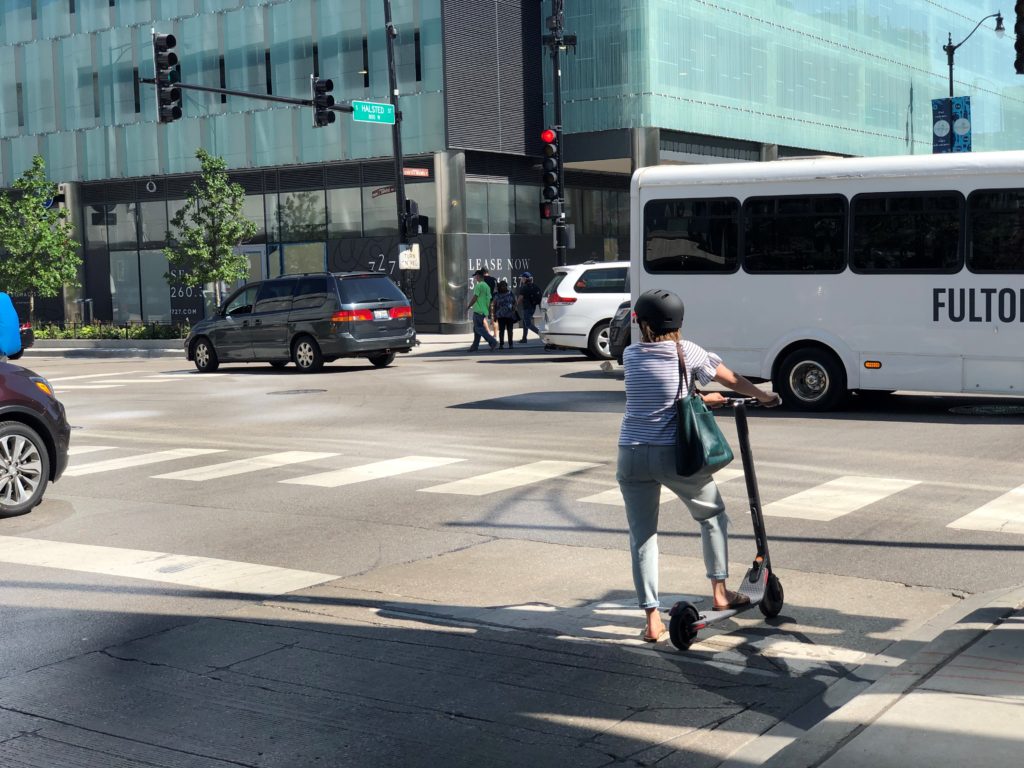
Have you ever read your entire auto insurance policy? It’s become a joke in the digital age that people click “Agree” whenever they encounter “Terms of Service” online without ever reading a word of what they just signed off on. This could be because these policies are written in such a way that they are difficult to understand. They are also, admittedly, pretty boring. Insurance declaration pages are no different. These documents are sometimes many pages long and can require some background knowledge to fully understand.
Insurance policies are contracts between the person buying insurance and the company providing coverage. The consumer pays a premium and the insurance company agrees to pay a claim incase an incident occurs, such as a car crash or house fire. Even with highly trained, experienced lawyers drafting these agreements, disputes can arise about what the words in an insurance policy really mean. A somewhat famous contract dispute case in Canada in the mid-2000’s resulted in a phone company losing a million dollars over a misplaced comma.
So, when non-lawyers enter into a contract to buy insurance from one of the multi-million dollar insurance companies that advertise all over the media with their amusing animal mascots and memorable jingles, there’s a good probability that they don’t read what they are signing, or they aren’t sure what some of it means.
The new motorized scooter companies popping up all over major cities throughout the U.S. in the last few years are taking a different approach altogether. They really aren’t providing any insurance coverage at all. Therefore, if a person rents a scooter and hits a pedestrian, they may not be covered.
A person injured by a negligent scooter rider will inevitably have medical bills they need to pay. If that person has health insurance, depending on the nuances of the coverage, and the deductible amount, hopefully the net, out-of-pocket cost of treatment will be relatively small compared to the total amount of the bills. That doesn’t account for potential lost wages, pain and suffering, disability, or loss of normal life.
When you rent a car, you might be covered by your own insurance policy if you opt-out of the one provided by the rental company. If you’re hit by a car as a pedestrian because the driver was negligent, for people who purchase car insurance in Illinois, you can turn to the un-insured motorist coverage of your auto policy to recoup your damages if the driver was uninsured. Since scooter renters generally aren’t getting the option to buy coverage to take advantage of this new transportation fad, if they happen to hit a pedestrian or cause damage to a car, they’ll most likely have to pay the damages out of pocket. If they don’t have the money or assets to do so, they may be able to discharge their obligation to pay if they file for bankruptcy, leaving the victim to eat the cost of a harm they did not cause themselves.
The solution, of course, is for the scooter companies to provide insurance for their riders. Like the terms of service in the rental agreement itself, people may not read those policies. However, if something happens, victims of crashes won’t be left to pay their own bills. If the companies don’t decide, out of the kindness of their hearts, to voluntarily provide insurance coverage, legislators, either on a local municipal level, or in state capitals, should require them to do so.
As technology changes and new ways to get around start popping up, we have to make sure that lawmakers and the insurance industry fill gaps where we may not have anticipated them before. If this delays progress, so be it. Transportation should be reasonably regulated and as cost efficiently as possible to increase safety and to make sure there is a way to compensate people who are hurt if someone is negligent in operating a vehicle no matter how big or small it is.
Reader Interactions